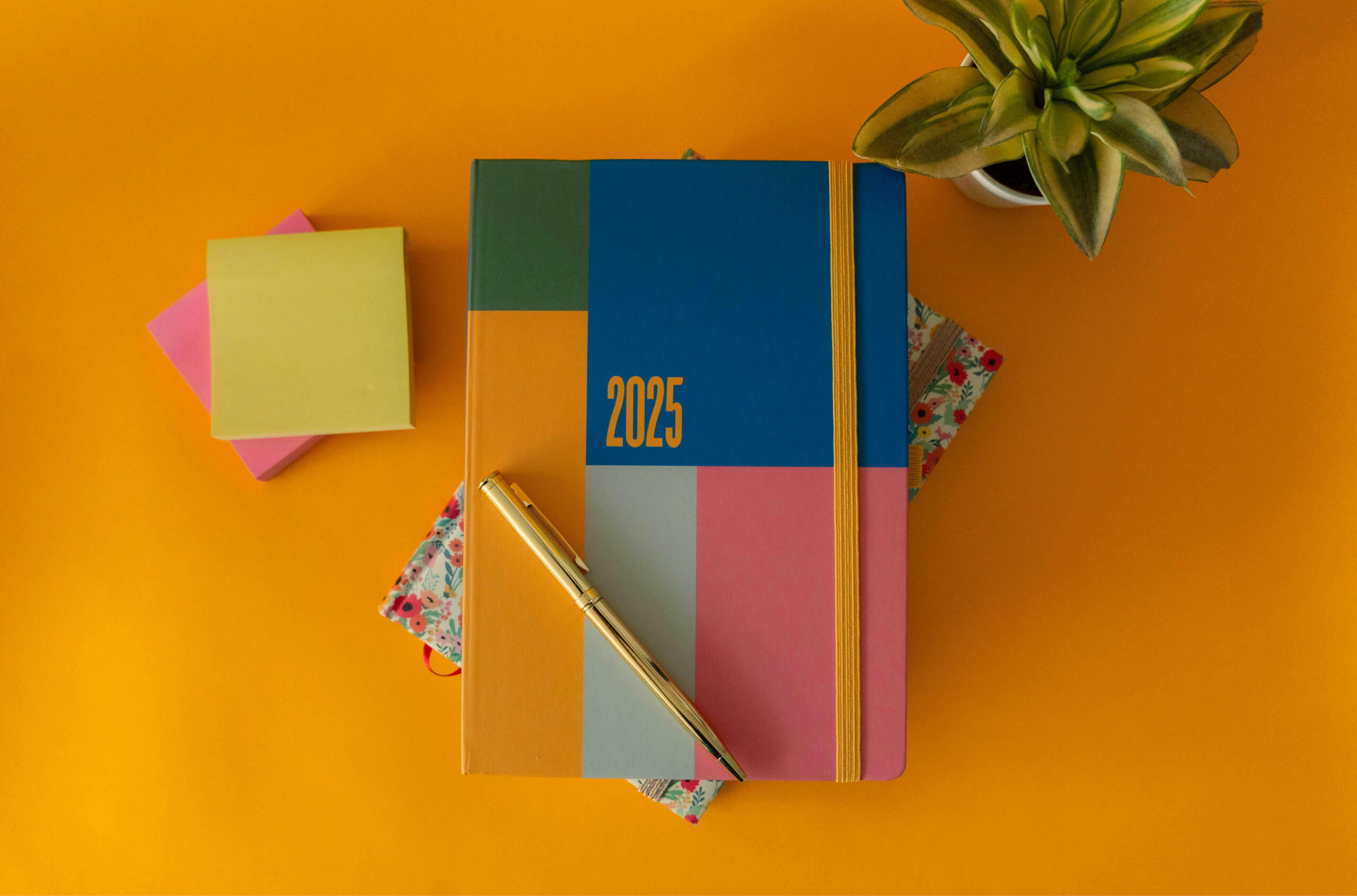Plotting out your summer
Summer is a great time for both rest and productivity, so some serious planning on the front end can help you make the most of both.

Believe it or not, summer is coming…and all those days of productivity loom on the horizon. Are you ready?
Probably psychologically and mentally you might be, but remember that there is a certain hangover effect from the winter term which tends to make us professors a little slow at the start. The best way to prepare for this precious part of the academic year is to have a good plan in place. And there is no better time to start it than now, or as early as you can. By the beginning or mid-point of April, we are usually finished up with courses, grading, submitting final grades, and prepping for graduation. Although the “summer” starts then, I advise academics to prep most of their courses for the upcoming year at this time (see my previous column), when we are all a little tired and worn out, but also still in the teaching mode and mindset. This is the perfect time to revisit courses, syllabi, online learning materials, readings and test questions. There are two ways to do this: devote an hour a day to course prep in March and April, or blitz it in April. Your August self will thank you for getting the semester ready ahead of time. Whichever way you choose, May 1 could be considered the hard start of summer.
One thing to remember in planning is that you will probably want to take some vacation time during those warmer months. Depending on your institution and your vacation rules, this could be four or five weeks, and I suggest that you take them all at once if you can. This will allow you to completely refresh and make the following year much easier on yourself both mentally and, probably, physically. The other thing to consider is that you will still get email, and ,as we know, email takes up to one third of your research time, depending on what study you read. Although there is admittedly less email during the summer, you need to account for it in your planning in some way. You also need to factor in conferences, which take up more time than you probably realize (more on that, too, in an upcoming column).
My suggestion, then, in the spring before you get to the summer, is to plan out week by week what you would like to accomplish and how many projects you can work on during that time. Gurus of “slow productivity” like Cal Newport suggest cutting down on what you do and focusing on quality (I will be writing about this in the coming months), but regardless, you probably won’t get as much done as you want or expect and you should be kind to yourself in this regard. A way to make the summer much more psychologically and intellectually benign is to either work a four-day week of deep work and one day to think (this is the only time you will get to think all year, in all likelihood), or use one day as an admin day, when you catch up on email and administrative tasks related to your research or your university role. Simply put an “away message” on your email to run the other four days of the week, and people will not expect to get an answer from you until you run your admin day.
For the rest of your time, I suggest you spend at least three full days planning your summer work, with at least a week of reviewing your projects, getting them up to date, and cleaning up your inbox. This will clear your head for the rest of the summer. Make weekly or monthly goals, and do a weekly review to see what went well and what you’d like to change for next week. So, after the first week in May, start with your most important project and toggle it on and off with lesser projects on a daily basis (four hours of deep work in the morning, for instance, on your most important project, and then lighter work in the afternoons, or switch to another project for mental refreshment). Even if you are not a morning person, the earlier part of your work day is your freshest, mentally. If that means you are starting work at 1 p.m., that’s fine. Just reserve your best time of day for your most important work.
If you take vacation earlier in the summer, then you should be very ready to get into research when you return. If you take it in the middle of the summer, that gives you the luxury of finishing up writing or research in August when you are again very fresh. Both time frames have their advantages. The key is to get the most out of your vacation and the most out of your work time, so think carefully about how this may play out for you. August is a good time to finish up any course prep that you still need to do, but also give a final push before the busy time starts. Once you have figured out what you will work on each day (if you are splitting days between a few projects) or week (a themed week with very focused work on one project), you should know by July 1 where you are and what else needs to be done. At that point, you can recalibrate for the rest of the summer.
One thing you should not do is overestimate what you can get done and then be despondent come mid-summer. Better to underestimate and overdeliver.
Featured Jobs
- Business – Lecturer or Assistant Professor, 2-year term (Strategic Management) McMaster University
- Canada Excellence Research Chair in Energy TransitionsUniversité du Québec à Trois-Rivières (UQTR)
- Psychology - Assistant Professor (Speech-Language Pathology)University of Victoria
- Veterinary Medicine - Faculty Position (Large Animal Internal Medicine) University of Saskatchewan
- Canada Excellence Research Chair in Forest Biodiversity Conservation (Full Professor)University of New Brunswick













Post a comment
University Affairs moderates all comments according to the following guidelines. If approved, comments generally appear within one business day. We may republish particularly insightful remarks in our print edition or elsewhere.